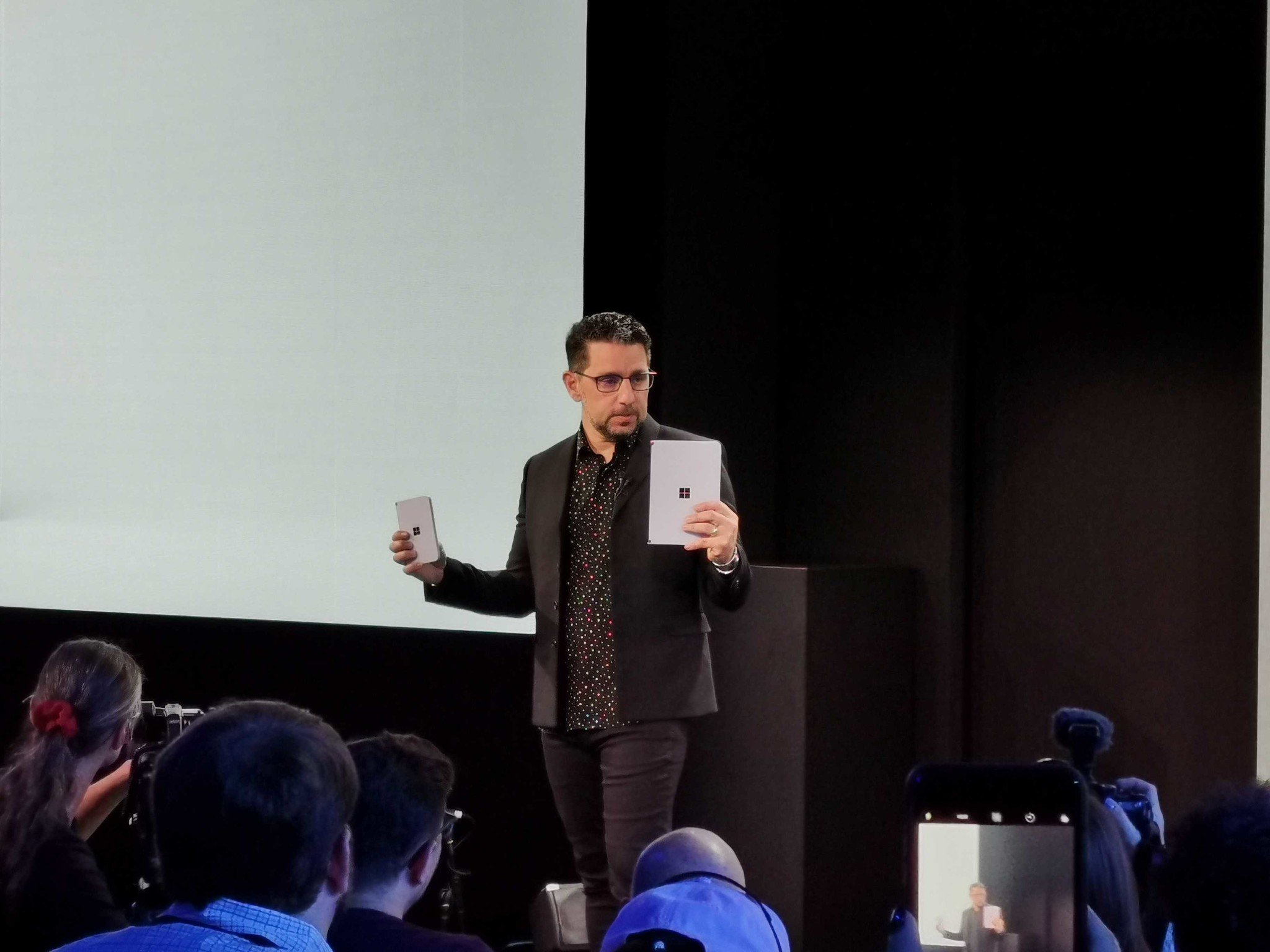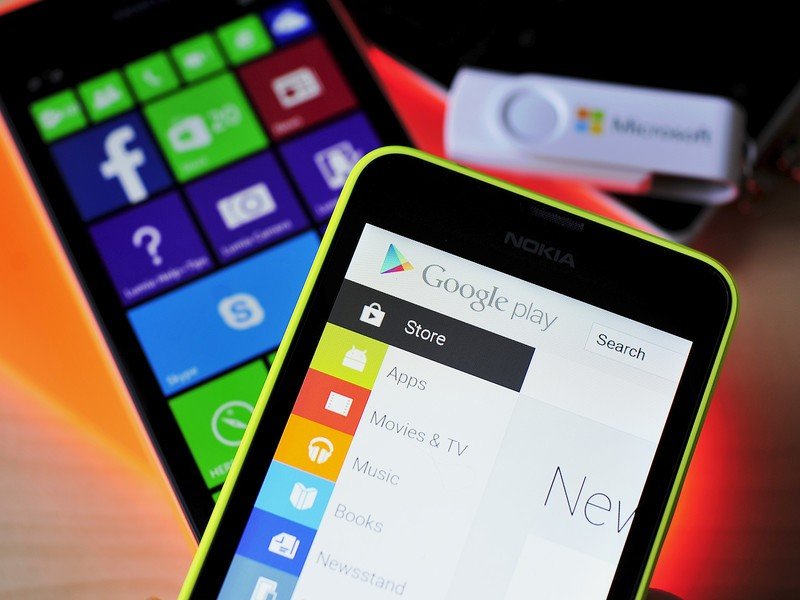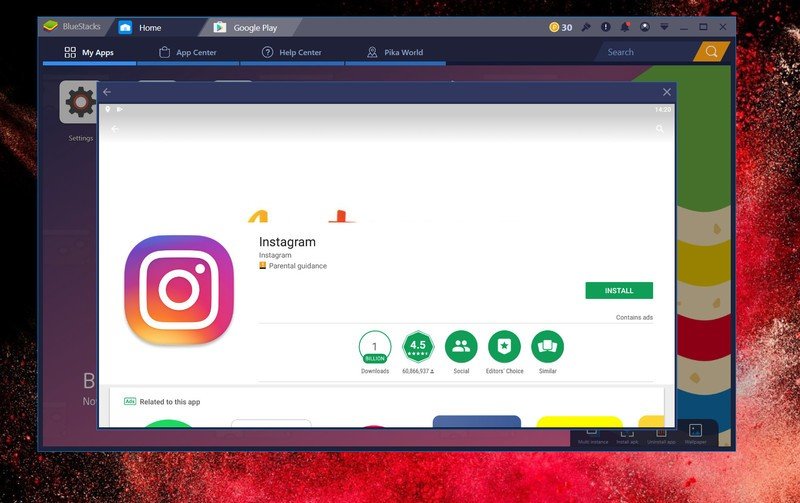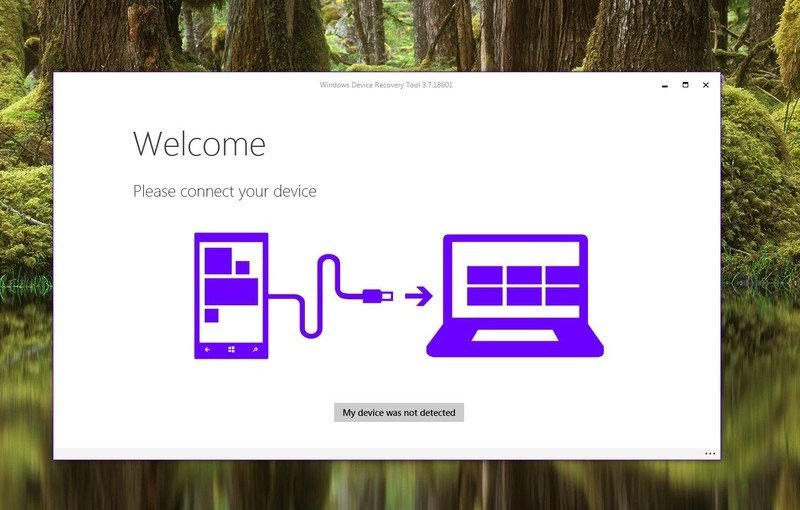Why Microsoft put Android on the Surface Duo and Windows 10X on the Surface Neo

Last week, Microsoft unveiled two new foldable devices that are expected to start shipping at the end of next year, which push forward Surface as a brand into new categories. One sticking point amongst fans, however, has been the decision to use Windows on the bigger Surface Neo and Android on the smartphone-sized Surface Duo. Some people don't understand why Microsoft has chosen two different OS's for these devices, and I continue to receive these kinds of questions on Twitter.
I want to explain why Microsoft has chosen to use different operating systems across the Neo and Duo, and how it's important for certain form factors to be running the OS that makes the most sense for that device.
The difference between Surface Neo and Surface Duo
While Surface Neo and Surface Duo look similar externally, they are actually very different devices. One is a PC, and one is a phone. This is the key reason behind why these devices run different operating systems. It appears there's some confusion around this, with many people on Twitter asking me why Neo isn't running Android like the Duo is, and vice versa. It's because they are different form factors at their core.
Yes, they are both foldable devices with dual-screens, but they are fundamentally different in all other aspects.
It all comes down to size. You use the right OS on the right size form factor. Anything smaller than 8-inches should run Android. Anything above 8-inches should run Windows. Android is excellent on small devices, but not big ones. Surface Neo is a large device that lets you do PC related things on it. That's why the Surface Neo runs Windows 10X, and not Android. No one in their right mind would buy a PC running Android, because Android isn't a platform that's very good at doing PC things.
This same reasoning can be used with the Surface Duo not running Windows. Unfortunately for Windows fans, Windows has no ecosystem on screens smaller than 8-inches, and as such, is not a viable platform for a phone. Android has mobile apps, all of which have been designed for small screens. Windows primarily has PC apps, which are designed for much larger screens, and as such, don't run well on phones.
A smartphone needs apps

Although Microsoft is trying to steer away from calling the Surface Duo a phone, at a fundamental level, that's pretty much exactly what it is. For it to be successful at being a smartphone, it needs apps. As mentioned above, Windows doesn't have mobile apps. Windows is great at having PC apps, which work best on screens larger than what a phone offers, even with dual-screens in the mix.
Be an expert in 5 minutes
Get the latest news from Android Central, your trusted companion in the world of Android
Android has a vast ecosystem of mobile apps, which is the number one priority for a device that goes with you in your pocket. The reason Windows Phone failed was that it didn't have the apps people want. Yes, it had the big ones, but it didn't have everything, and that's what ultimately killed off Windows on phones. Android does have everything: It has your banking app, it has your taxi-hailing service, it has your social apps, it has your games, it has everything you want.
If Microsoft were to put Windows 10X on the Surface Duo, the device would lose out on this vital ecosystem of apps that a phone needs. This isn't a want thing. This is a need. For a phone to succeed, it needs apps.
What about Android emulation on top of Windows 10X?

One question I've seen from Windows Phone fans is why didn't Microsoft use Windows 10X on the Surface Duo, but with Android app emulation on top to fill the app gap? This is something Microsoft considered and even started work on, but there are issues around doing Android app support in this way.
The primary reason against doing this is Google does not allow Play Store services on devices that are emulating Android (excepting their own Chrome OS). This means that if the Surface Duo shipped with Windows 10X with Android emulation on top, it wouldn't be a Google Play Store certified device, and as such, wouldn't be able to run many Android apps out of box. It wouldn't support Google Pay either.
Users could technically sideload Google Play, but they shouldn't have to and that wouldn't solve all these issues. It still wouldn't be certified and wouldn't receive support from Google. That's the primary reason why Microsoft decided not to go with Android emulation on top of Windows 10X for the Surface Duo. The other reason is allowing Android apps on Windows 10X discourages developers to build native Windows apps.
It makes more sense for the Surface Duo to run Android, and have Microsoft create a bridge between Android and Windows that allows developers to build native apps for both platforms easily. Microsoft doesn't want to enter a world in which most Windows apps are just Android apps running in an emulation layer, which is what would have happened had Microsoft enabled Android emulation on top of Windows 10X.
What about making Windows 10X an option for the Duo?

Another suggestion I've seen from Windows Phone fans is asking Microsoft to make Windows 10X an optional thing for those who want it. This would make more sense, but there's little reason to do it. Windows 10X is a PC platform, designed for PC apps. Die-hards who want to run Windows on the Surface Duo would not have an optimal experience trying to run PC apps on screens of that size. Besides, Microsoft shouldn't waste the resources in trying to make that a good experience for the few who do want it.
Debloating Windows has been a constant goal for Microsoft, and keeping around legacy phone call support for the few who want to run Windows 10X on a phone makes no sense. That, paired with the app problem Windows has, means there's no reason for Microsoft to make Windows 10X an option for the Surface Duo. It's just unnecessary for the small group of people who want it.
Clearing up the confusion
Surface Neo runs Windows 10X because Surface Neo is a PC. Microsoft is positioning this device as something that can do PC-related things, and as such, needs to run Windows. Surface Duo runs Android because it's a phone, and needs to have mobile apps that work well on small screens that can fit in your pocket.
It's as simple as that. Windows is great at PC stuff, and Android is great at phone stuff. The Neo is a PC, and the Duo is a phone.
Luckily for Surface fans, Microsoft doesn't see the platform as a key-component to its overall strategy anymore. The beauty of the Microsoft ecosystem is that it's cross platform, and Microsoft adopting Android means Windows users are about to have a better cross-device experience with their Android phone. That's a good thing overall, and I can't wait for the Surface Duo because of it.

